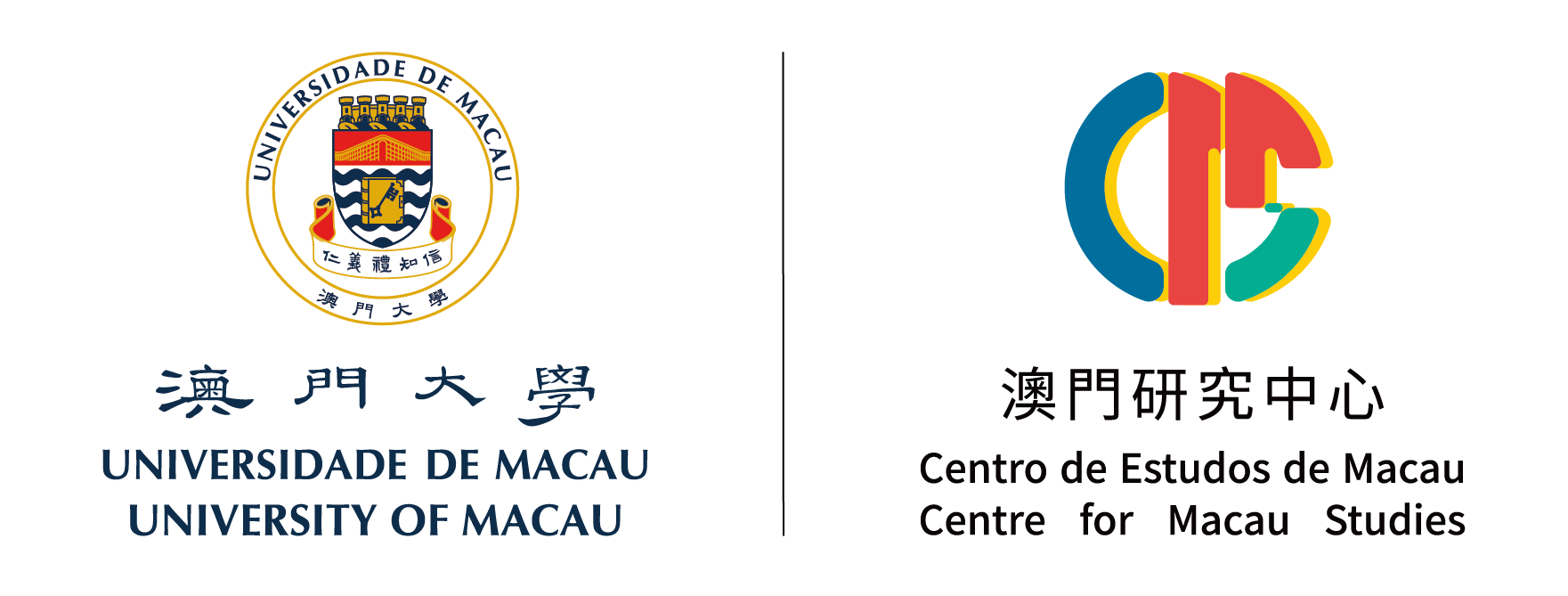
| 標題 Title |
澳門非高等教育“基本學力要求”中的 21 世紀核心素養 Examining Core Competencies in the “Requirements of Basic Academic Attainments” of Non-higher Education (Non-tertiary Education) in Macao |
|---|---|
| 作者 Author |
魏冰,林佳佳 WEI Bing, LIN Jiajia |
| 摘要 Abstract |
在知識經濟和資訊科技迅猛發展的 21 世紀,培養核心素養已經成為世界各國和地區課 程發展的新趨勢。以《本地學制正規教育課程框架》和《本地學制正規教育基本學力要求》為標誌,澳門也進行了新的課程改革。本研究以 ATC21S 核心素養為分析框架,檢視澳門非高等教育各階 段中各科目(學科)的“基本學力要求”所包含的 21 世紀核心素養。研究發現:(1)小學至高 中階段,“思維方式”主題所佔比例最高,而“工作工具”主題所佔比例最低,但在幼兒教育階 段最關注“生活於世”主題。(2)主題素養的各類別的分佈在各教育階段中存在明顯差異。(3)在學習領域方面,語言與文學、個人社會與人文、科學與科技、藝術四個領域的學科所包含的素 養類別較為全面,但數學、體育與健康兩個學習領域所呈現的素養類別較為局限。基於澳門《非高等教育制度綱要法》關於各教育階段教育目標的規定以及《課框》中的課程發展準則,本文認為,基本學力要求中核心素養的分佈是適當的,也一定會有益於學生的全人發展,幫助他們適應未來社會的發展需求。 This study focuses on a recent K-12 curriculum reform in Macao with the purpose of exploring the issue of integrating 21st century competencies in the intended curriculum documents of school subjects, i.e., “Requirements of Basic Academic Attainments” (RBAAs). Based on an analytical framework of 21st century competencies, the distributions of those competencies embedded in “curriculum goals” of subject-based RBAAs across the K-12 schooling were analyzed. The results of content analysis have shown that 21st century competencies are differently distributed among the four educational stages (pre-primary, primary, junior secondary, and senior secondary) and different types of school subjects in terms of learning domains. The implications of this study for integrating 21st century competencies in the school curriculum in the rest of the world were discussed. |
| 關鍵詞 Keywords |
核心素養,澳門課程改革,課程目標 Core competencies, curriculum reform in Macao, curriculum goals |
| 下載 Download |
Links |

